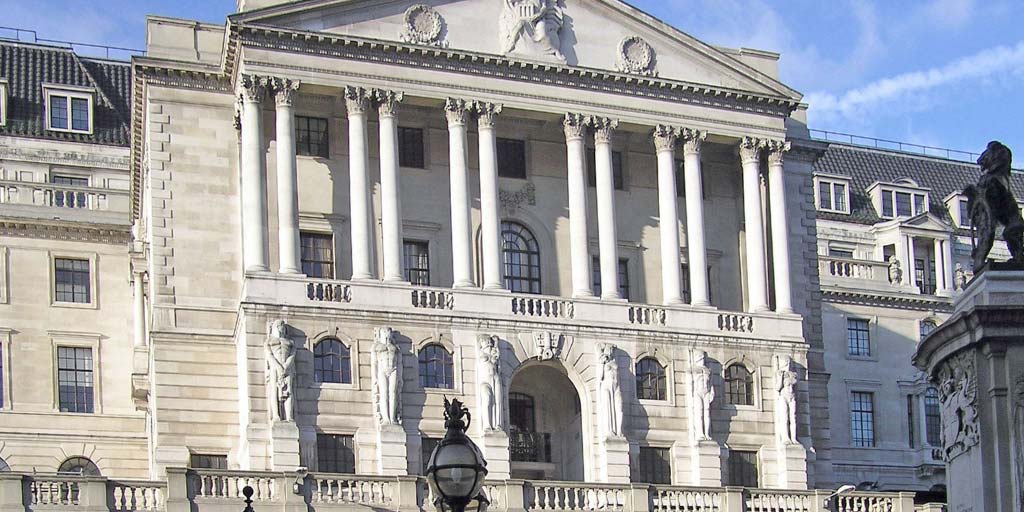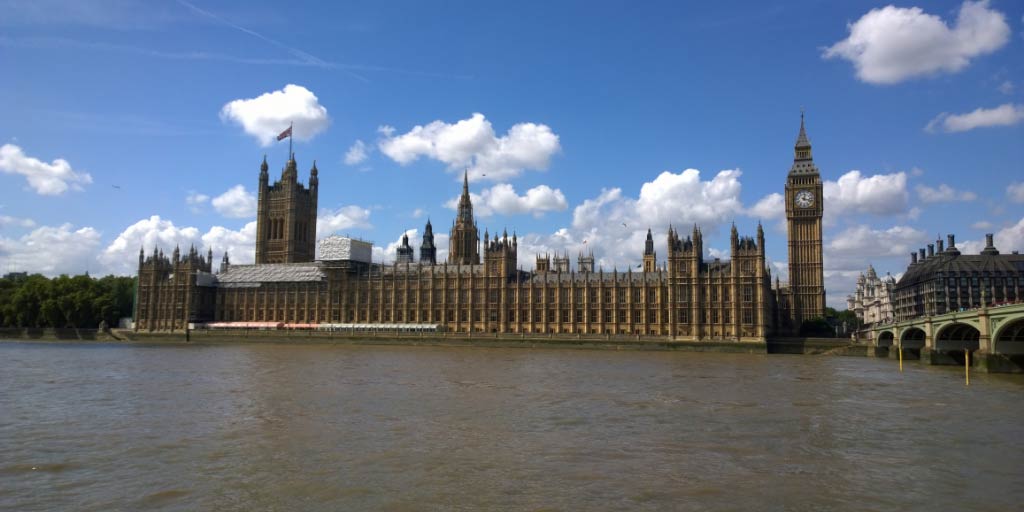This information should not be interpreted as financial, tax or legal advice. Mortgage and loan rates are subject to change.

Categories: government and politics | base rate
Rate setters at the Bank of England have decided to keep the cost of borrowing at 5.25 per cent. While the Base Rate will most likely remain high for the foreseeable, some experts have expressed concern regarding the increased risk of recession – what would this mean for buy to let mortgage rates?
Why has the central bank kept the Base Rate unchanged?
With inflation dropping to 4.6 per cent, it is clear that the Bank of England’s efforts to bring inflation down are working.
However, with an inflation target of 2 per cent, prices in the UK economy are growing at over double the rate they should be – this means there is still work to be done.
However, there have been indicators that suggest an increased likelihood of a recession.
A recession is defined as a decline in Gross Domestic Product (GDP) for two consecutive quarters, and GDP for Q3 2023 showed no change whilst GDP for October 2023 (the first of the three months in Q4) declined by 0.3 per cent – increasing the chances of a recession.
Another indicator suggesting a recession ahead is the fact that whilst bond yields have been on the rise since the start of 2021, yields on 10-year Government-issued bonds have fallen to their lowest level since May.
What this means is that government bonds, one of the more safe financial instruments, are becoming increasingly attractive to investors – suggesting there may be a collective ‘bracing’ for times to come.
Interestingly, however, the Monetary Policy Committee (MPC, the committee of Bank of England economists responsible for deciding the Base Rate) voted to keep the Base Rate unchanged six-to-three.
With the other three economists voting to increase the Base Rate further, to 5.5 per cent.
What does this mean for buy to let mortgage rates?
It means that high-street and specialist lenders will continue to lend with a higher cost of borrowing until the Bank of England’s MPC decide to bring the Base Rate down.
However, not only have none of the committee members voted to reduce rates, Governor Andrew Bailey has said it is ‘far too early’ to be discussing rate cuts, so it could be a long way away.
Jorden Abbs, Chief Executive of Commercial Trust, had this to say:
The recent update from the Bank of England will mean something different depending on what type of mortgage you have.
For buy to let landlords with fixed initial rate periods, they may be asking themselves whether rates will decline in time for when they refinance, and if not, would it make sense to sit on their bank’s standard variable rate until they do.
For those with tracker rates, it may have been a relief to know their mortgage costs will not have increased, but just like the fixed rate borrowers, they will be anxious to see if rates decline.
Your mortgage is our business
Whatever your situation, bring it to us and our mortgage advisors will take care of it.
With access to over 80 lenders across the UK, you can secure a highly competitive loan with us today.
Get in contact, you’re in safe hands.



